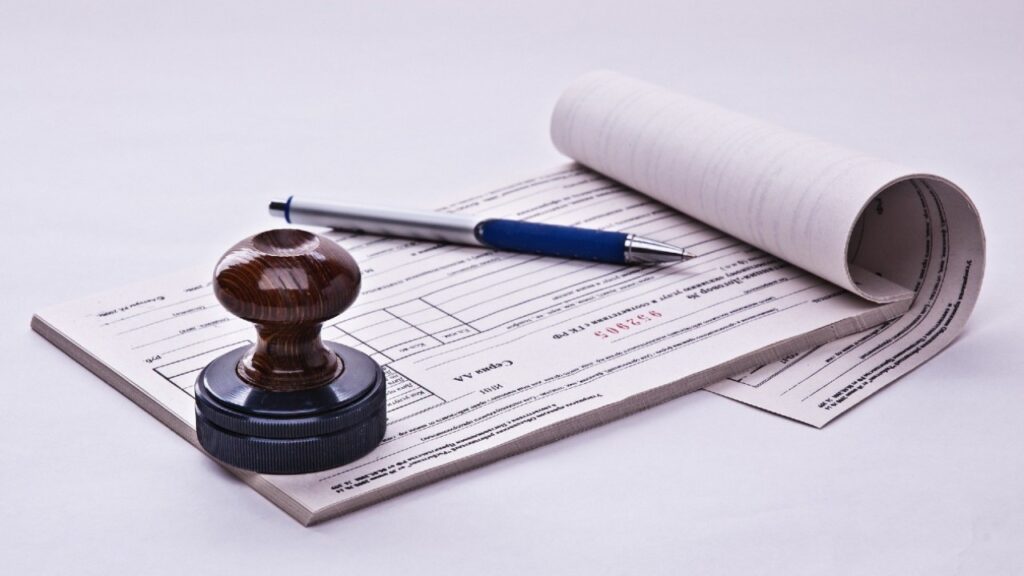Starting a new business is thrilling, but it can be intimidating if you’re unfamiliar with the process, especially if you’re doing it abroad. While the Emerald Isle is business-friendly, that doesn’t mean you can breeze through the official procedure. The following are the eight stages you must follow in order to start a business in Ireland.
Write a Business Plan
A business plan is the most important document you will ever write, and it is the first step in beginning a business anyplace. It should include the following:
- Your elevator pitch (i.e. what makes your business different)
- Your short, medium, and long-term goals and plans
- Your target audience and your niche market in the country
- Your qualifications and experience
- Your chosen providers and contacts in the country
- How you will promote the business
Your business plan should be a detailed document that outlines all of your objectives and plans for the future in Ireland. A business plan is necessary not just to keep you focused on your business purpose, but also as a document that can be presented to a bank manager when you’re attempting to create a business bank account in Ireland.
Banks want to see that you’re committed to staying in the nation, so do your homework on potential Irish trade markets and clients or customers.
It can also assist you if you find yourself on shaky ground during your first years of beginning a business in Ireland. You can go back to your company plan, which can help you figure out where you got off track and how to get back on course.
Write Your By-Laws
By-laws are made up of a Memorandum of Association and Articles of Association, which explain your company’s structure and other details. This will include some concept of your business type and objectives, albeit this can be imprecise if you are not registering as a Designated Activity Company (DAC).
Because these are legal documents, they must be registered with a lawyer or a business formation agent (which is the less expensive option!). Both of these documents can be written using templates, but you may want to seek assistance in creating them to ensure they are compliant.
Pick a Location

This is both the most exciting and the most important decision you’ll make: where to start your company! With the rise of the hybrid work environment, many businesses are also considering locations that offer flexible workspace solutions. Dublin is a popular pick with a strong startup scene, but it is pricey, as are most European capitals.
Cork, Galway, and Limerick are other popular possibilities, each with their own set of advantages and disadvantages. Consider the logistics available to you, the internet speed and other amenities, as well as the talent pool – local institutions are a wonderful place to find staff.
You’ll need to register your business address once you’ve identified a location and a property. This could be an office, warehouse, retail space, or any other location where your company is located. You might also get an address without having a physical presence in the country by using a registered address service.
See our guide to starting a gift shop in Ireland as well.
Decide on Business Structure

Ireland is a very business-friendly country, with very few limitations on starting a firm, importing goods, or attracting foreign investment.
You will, however, need to decide on the type of business structure you want to use.
As for the business structure, the following are the three most prevalent options:
Limited Liability Corporation (LLC) (LTD)
The most common option, and ideal for the majority of small enterprises. When it comes to share capital, LTDs have no minimum threshold. They can have shareholders without necessitating an annual general meeting (AGM). As long as they are based within the European Economic Area, they can be governed by a single director (EEA).
Limited Liability Corporation (LLC) (PLC)
PLCs are a popular choice for firms wishing to develop quickly since they can have an infinite number of shareholders, all of whom can be located anywhere in the world. PLCs must have at least two directors, hold an annual general meeting, and launch with a minimum of 25,000 euros in share capital.
Partnership
Partnerships are a versatile type of business structure for people who want to start a firm with a partner. Depending on your preferences and the nature of your business, your company can have limited liability, limited liability with tax relief, or unlimited liability.
Register with the CRO (Companies Registration Office)
This is where you actually register your business and get your Certificate of Incorporation! The following items should be included in your Irish filing:
- List of employees and directors
- Your by-laws
- Information about your share capital
- Your registered address
- A description of your company’s operations
You can reserve your business name for a 25 euro deposit, though you should ensure that it is accessible much sooner. Make sure to perform a company name search from the CRO database.
If there are no hiccups, this part of the procedure could take as little as three days.
Open a Bank Account for Your Business
After that, you must open a business bank account. While both residents and non-residents are allowed to open bank accounts in Ireland, there is some due diligence required.
Limited firms must present a written mandate from each director, while partnership owners must provide required documentation individually.
A signed Certificate of Incorporation, signed copies of your bylaws, social security forms, evidence of identity, proof of economic ties to Ireland, and, in some situations, both proof of character and a legal opinion will be required.
Obtain a Business Seal

An official company seal is required in Ireland for all firms. Your seal is used to stamp documents to verify that they’ve been approved by your Board of Directors, but it doesn’t have the same weight as heraldry.
Another consideration is the preservation of statutory records and registers. These will keep track of all of your company’s legal and statutory matters, as well as signed copies of all of your meetings’ minutes.
Register for Tax
Before you can lawfully start a business in Ireland, you must first register for three taxes:
- Corporations pay a tax
- VAT (stands for Value Added Tax)
- Social Insurance
Once you’ve been accepted by the Revenue Commissioners, you’ll be automatically registered for PAYE tax (Pay As You Earn) and PRSI (Pay Related Social Insurance Contributions). Finally, you will be given a Tax Identification Number, which will allow you to electronically file your end-of-year taxes.
For more information, check out our post on the legal matters to keep in mind when starting a business. Check out our post on things to know when starting an online business as well.
